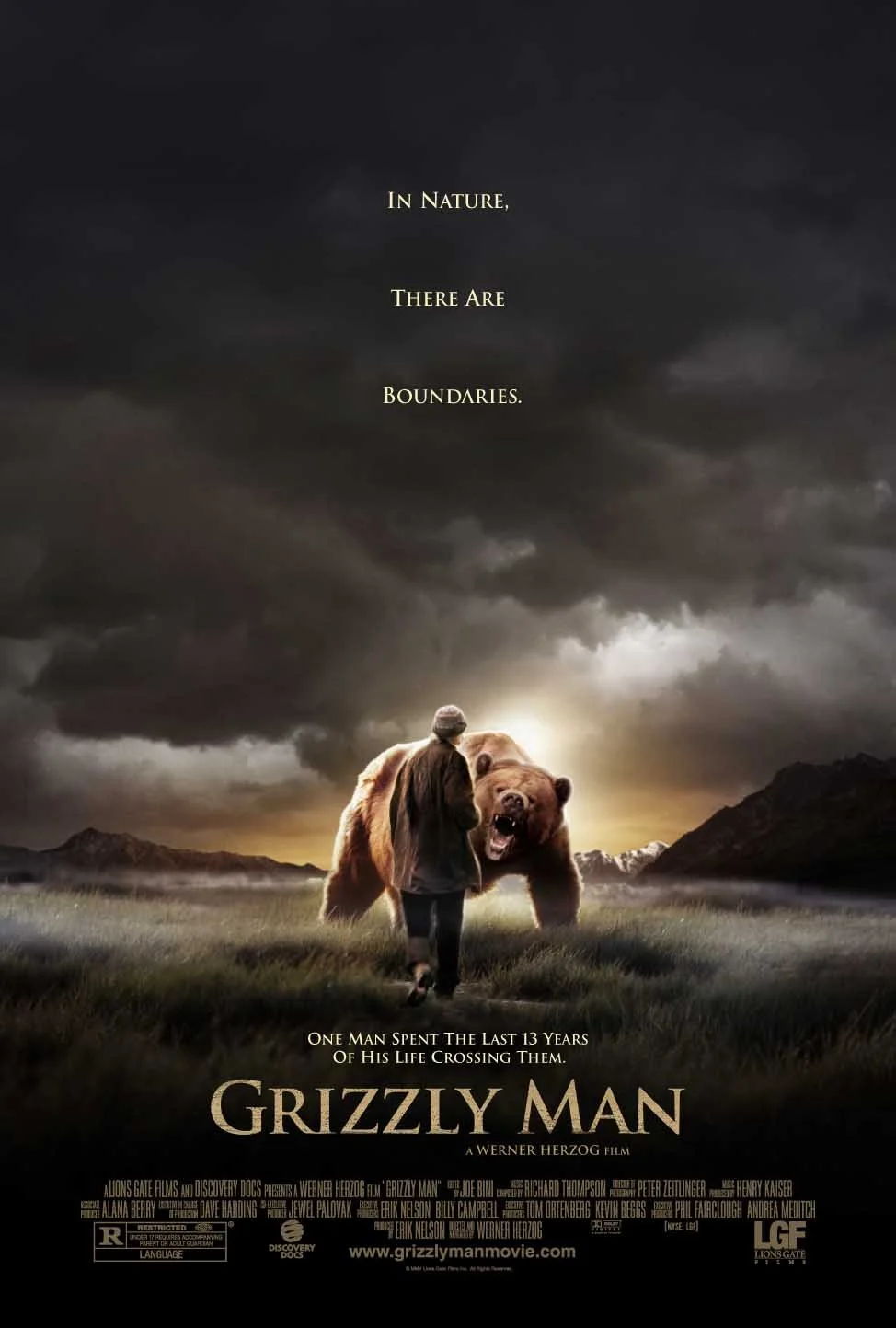Summer of Sam: Spike Lee’s Depiction of the Scariest Summer of New York
Spike Lee’s 1999 film, Summer of Sam, stands out against his other films. It’s another New York story, like his popular films Do the Right Thing (1989) and Crooklyn (1994), but this is Lee’s first film with no significant African American characters. Summer of Sam takes place in an entirely different universe than his other films, an Italian American neighborhood, Throgg’s Neck in the Bronx, yet follows the major themes of his other films; self-realization and scapegoating. Summer of Sam is set in the summer of 1977 against the backdrop of a city cowered in fear over the serial killer who called himself the “Son of Sam.” Throughout the film, the characters question each other and constantly look for those who stand out from the masses. The characters live in such a tight community that they believe the killer is someone they know. The constant scapegoating leads to anxious energy in the air and paves the way for the self-realization of the community members.
The tense verve felt throughout the film is apparent in all of Lee’s best films. This one especially convulses with fear, blame, guilt, and ardor. Summer of Sam is about the serial killer, but the film focuses much more on the victims and community he is terrorizing. The Son of Sam serves as an almost all-seeing eye to the main characters of Vinny (John Leguizamo), Ritchie (Adrien Brody), Dionna (Mira Sorvino), and Ruby (Jennifer Esposito). Their imaginations get the best of them, making them question others’ motives and their own. There is a frenzy to accuse and disgrace someone who feels alien.
The film revolves around two couples; Vinny, Dionna, Ritchie, and Ruby. Vinny is a hairdresser with a wandering eye married to Dionna, a waitress at her father’s restaurant. Ritchie is a punk with a British accent dating Ruby. Ritchie leads a double life as he is a dancer in a gay club in secret. Ritchie and Ruby’s roles in the movie are more atmospheric, while Vinny and Dionna take over the major plot points. We see all the characters change as the murders continue and people become more paralyzed with dread.
Vinny constantly cheats on his wife, notably with a woman from the salon where he works. As he stumbles upon some of the murder’s victims, he comes home a changed man, believes God spared him, and promises to treat his wife better. He comes to the point of self-actualization, also called self-realization or self-cultivation, which in philosophy is the point of complete realization of one’s potential as manifest in the pinnacle of experiences that involve the full development of one's abilities and appreciation for life. If the killer goes after you, it’s personal. Vinny makes Dionna wear a blonde wig because the killer has killed many brunettes. While Vinny does this for his wife’s safety, he is also turned on by risking the fury of Sam.
Sexuality is a major character in the film. 1977 was pre-AIDS, and characters are shown experimenting with sex during this time of sexual liberation. Vinny and Dionna try out a sex club, and Ritchie gets into homosexual pornographic movies. Ritchie becomes a primary suspect and scapegoat as the summer progresses because of his mysterious activity and unconventional lifestyle. Misfits are picked out as scapegoats, and Lee really flourishes in the idea of how the Throggs Neck ringleaders source their warranty for their skepticism.
Summer of Sam and Do the Right Thing would make an excellent double feature. The films are distinct adequately in characters, visuals, plot, and genre to complement each other, yet mirror each other in that both stories take place over one summer in a neighborhood where residents live in fear of either culturally or physically dangerous outsiders.





